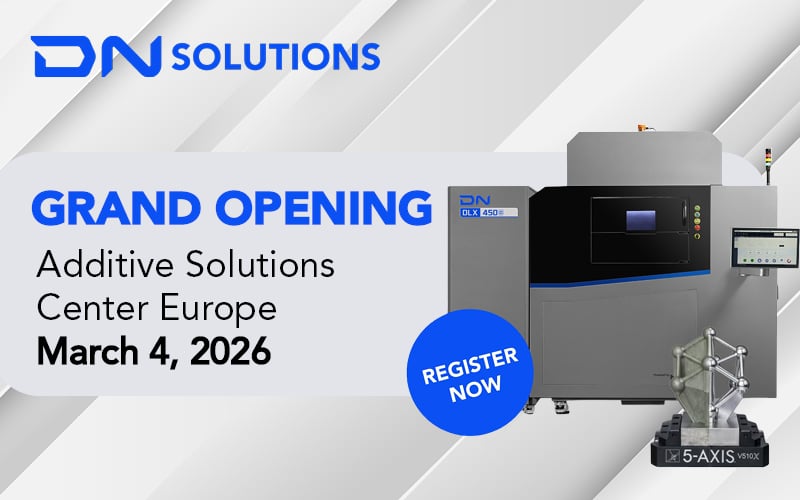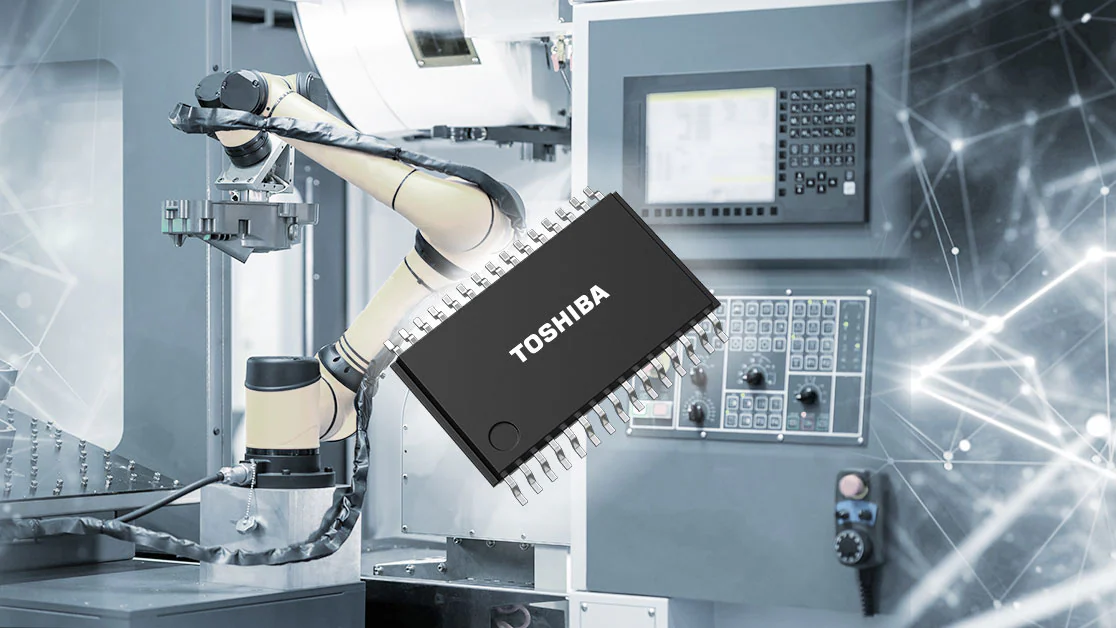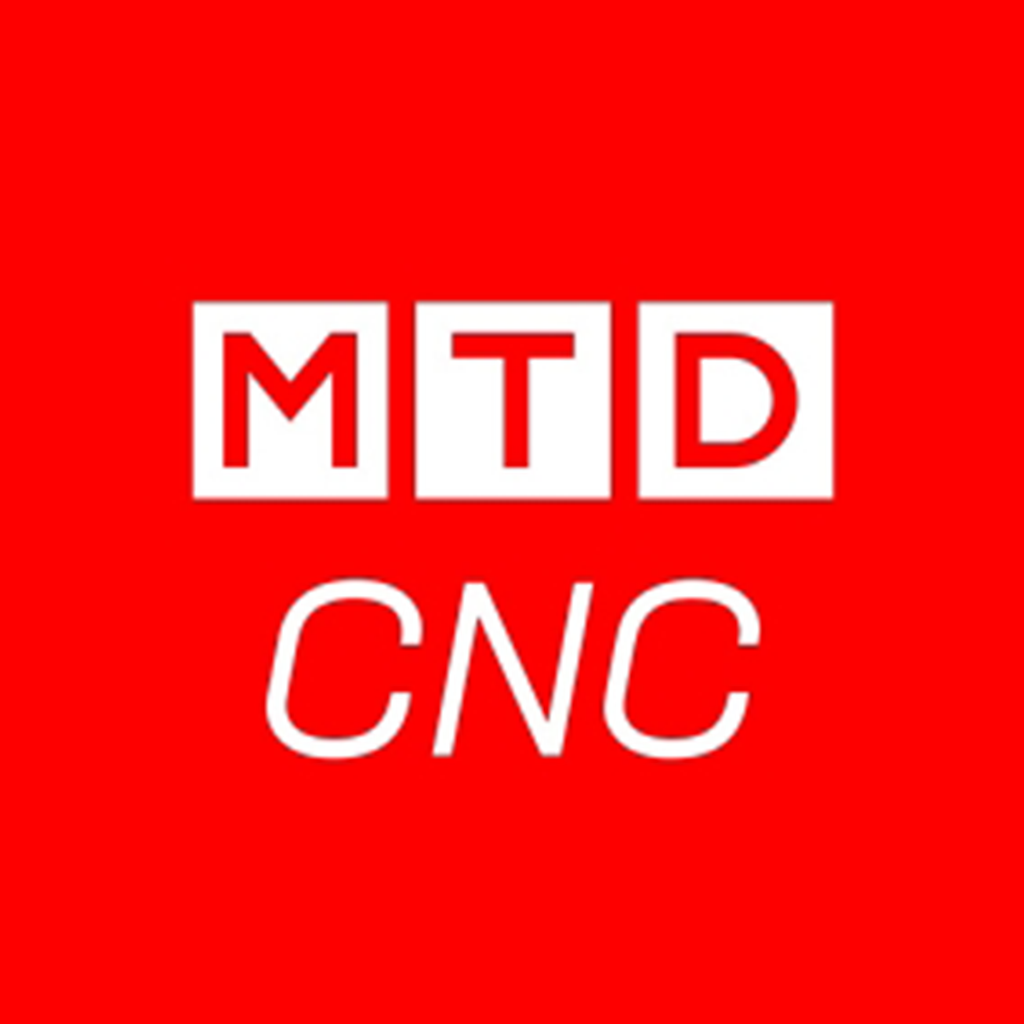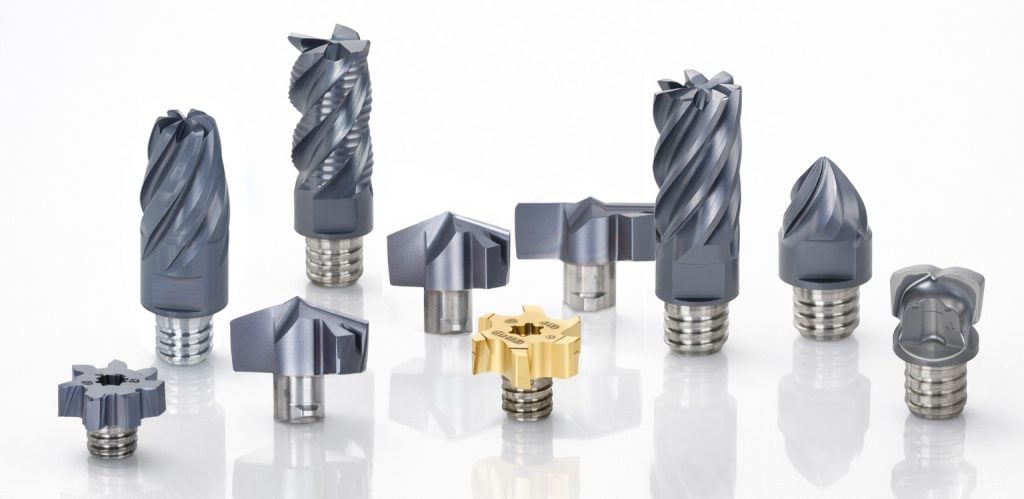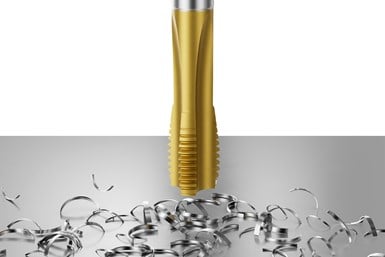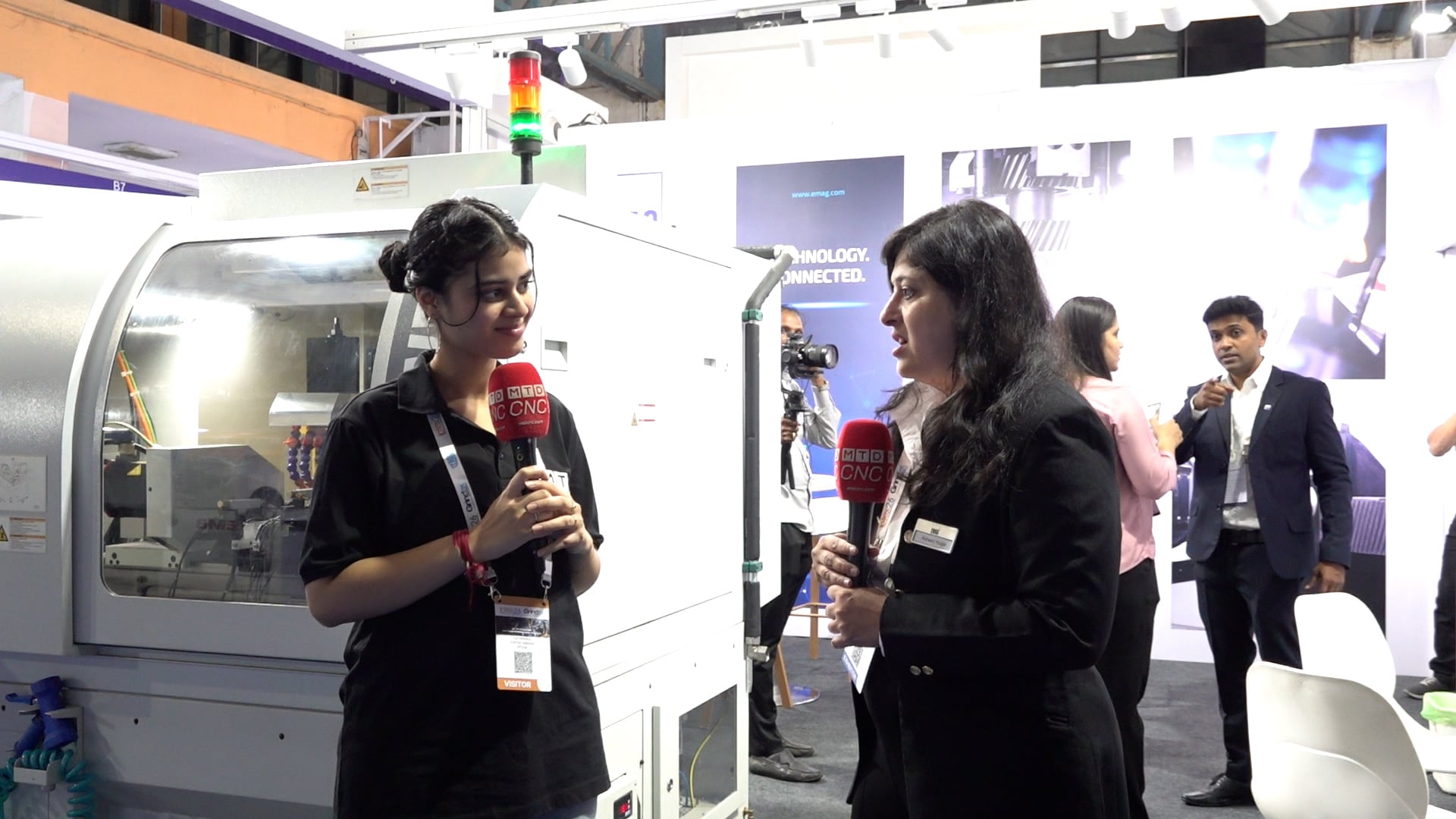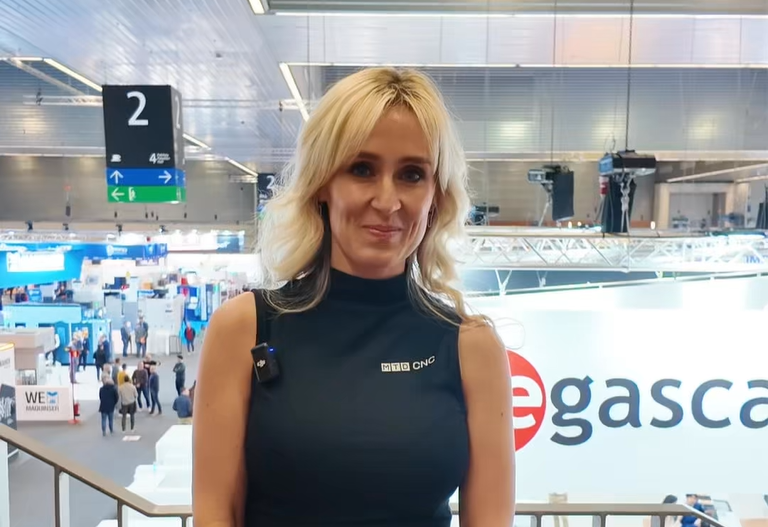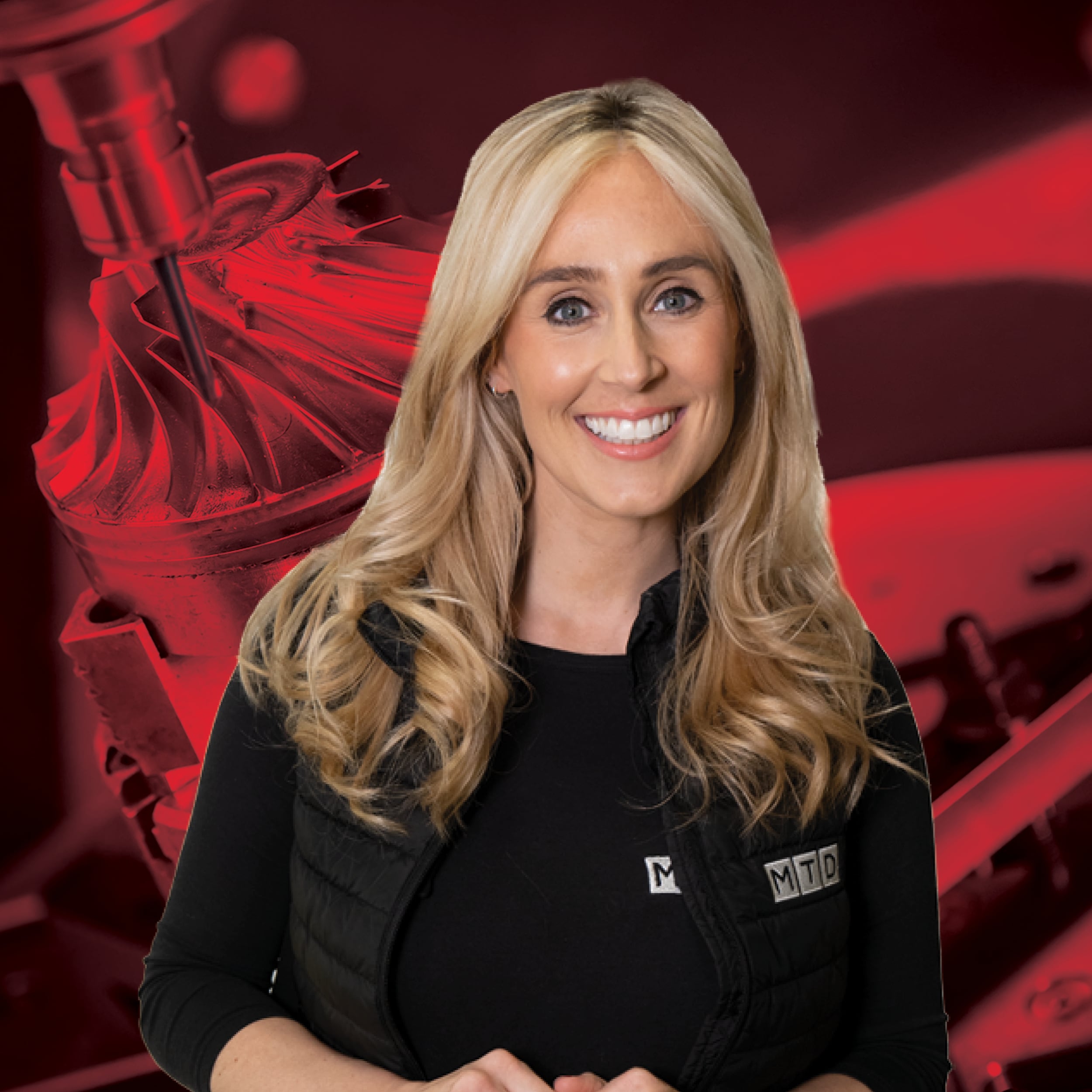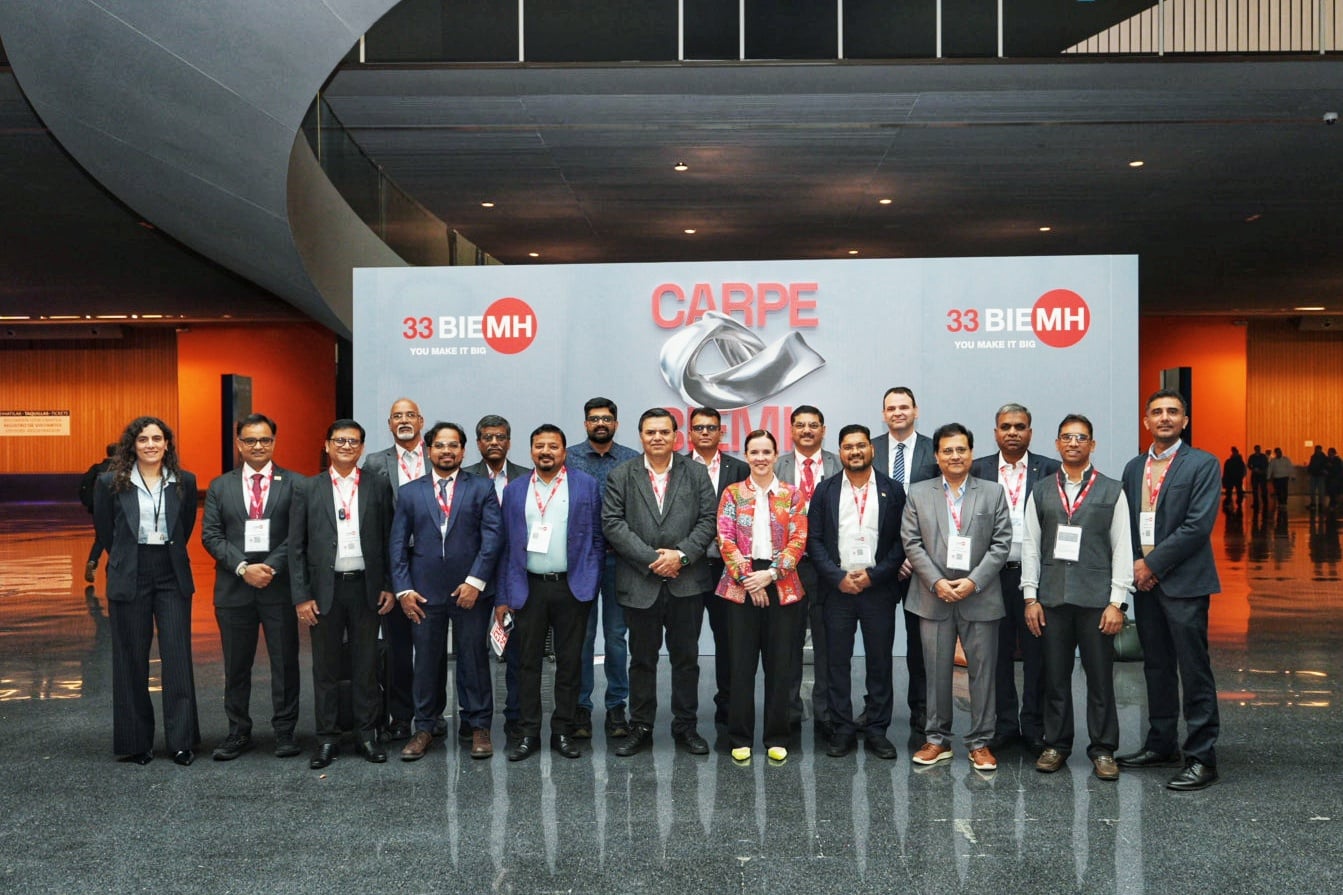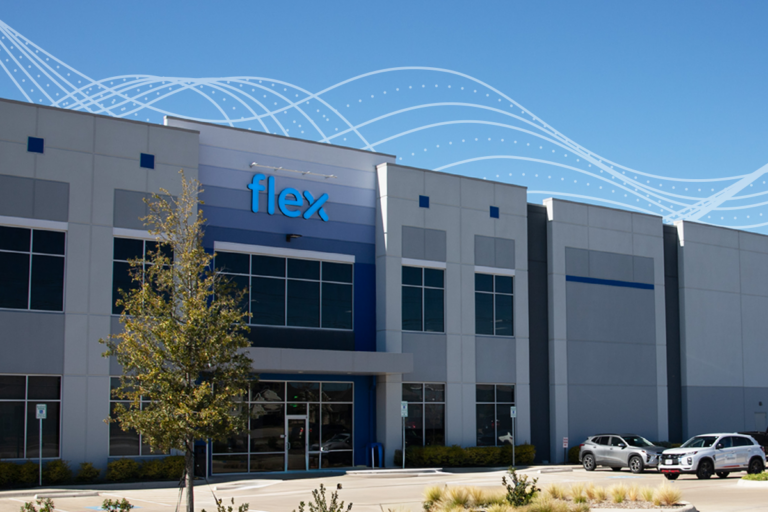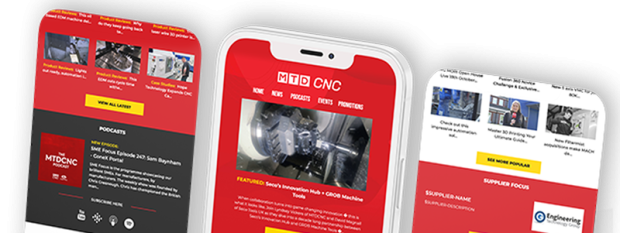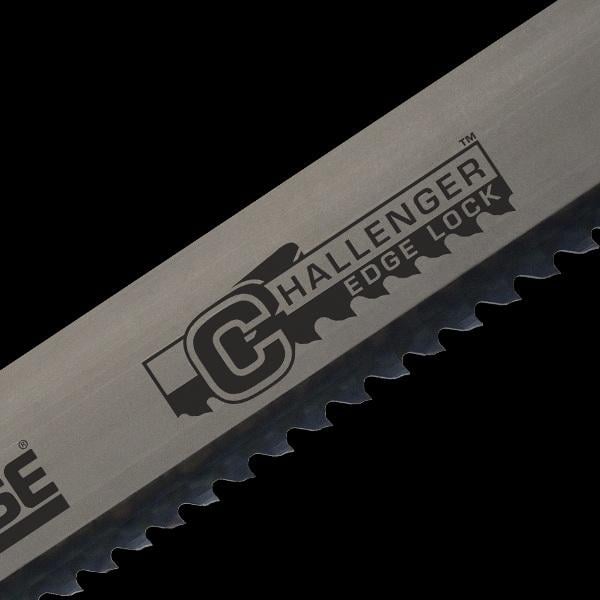
Toshiba Unveils 2-Channel Digital Isolators for Automotive Applications, Meeting AEC-Q100 Standards!
By Ashutosh Arora
Toshiba Electronic Devices & Storage Corporation has introduced a new series of 2-channel digital isolators, the DCM32xx00 Series, designed specifically for automotive applications. The new isolators are engineered to meet the stringent quality and reliability standards of the automotive industry, specifically the AEC-Q100 certification, which is widely recognized for ensuring the performance and safety of electronic components used in vehicles. The components are now available for shipment, marking a significant development in automotive electronics.
The DCM32xx00 Series includes four models, each offering robust performance with a typical common-mode transient immunity (CMTI) of 100kV/μs and a maximum data transfer speed of 50Mbps. These specifications make the isolators highly suitable for systems such as on-board chargers (OBC) and battery management systems (BMS), which are integral parts of electric and hybrid-electric vehicles. In these systems, electrical isolation is crucial for protecting signals from interference and ensuring safe, high-speed communication between components.
Toshiba’s digital isolators are based on proprietary magnetic coupling transmission technology, which helps maintain strong signal integrity across isolated channels, making them resistant to common-mode noise. This ensures the stable and safe transmission of control signals, which is particularly important for maintaining the integrity of communications in electric vehicles, where noise and electrical disturbances can significantly impact performance. Additionally, the isolators offer low pulse-width distortion at 0.8ns (typical), enabling high-speed data transfer, which is essential for I/O systems and Controller Area Network (CAN)-based communication commonly used in automotive applications.
The new isolators come in compact SOIC8-N packages, providing a space-saving solution for automotive designs, without compromising on performance. This allows manufacturers to integrate these isolators into space-constrained environments while still benefiting from the advanced capabilities of the product. This new offering complements Toshiba’s existing range of digital isolators, which already includes 4-channel models designed for automotive environments, further expanding the company’s product portfolio to meet the diverse needs of the industry.
Toshiba’s continued development of digital isolators is a testament to the company’s commitment to providing reliable, high-performance solutions for the automotive sector. These products not only meet the growing demands of electric and hybrid-electric vehicle systems but also ensure the safety, efficiency, and durability of advanced vehicle electronics.
Looking forward, Toshiba plans to expand its lineup of digital isolators, introducing products with additional channel counts and package types. The company aims to continue delivering dependable isolation solutions not only for automotive applications but also for industrial systems. Toshiba’s ongoing focus on innovation and performance will help address the evolving needs of the automotive industry, making significant contributions to the advancement of electric vehicle technologies.
With these innovations, Toshiba is positioned to play a key role in shaping the future of automotive electronics, supporting the industry’s shift towards more efficient, safe, and sustainable solutions.

